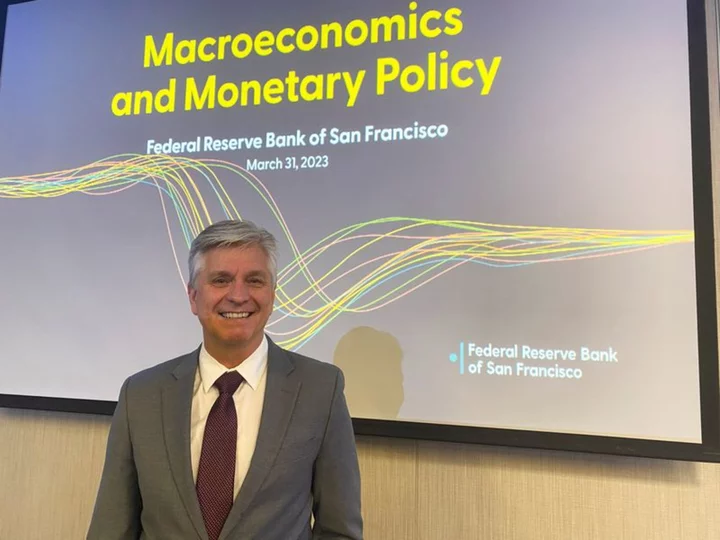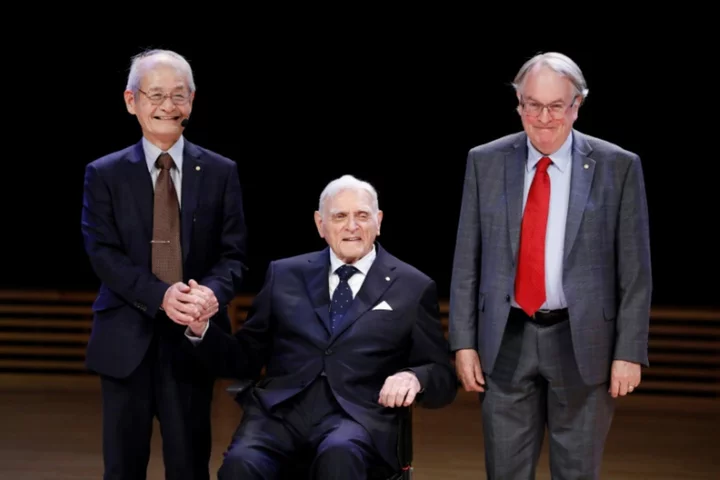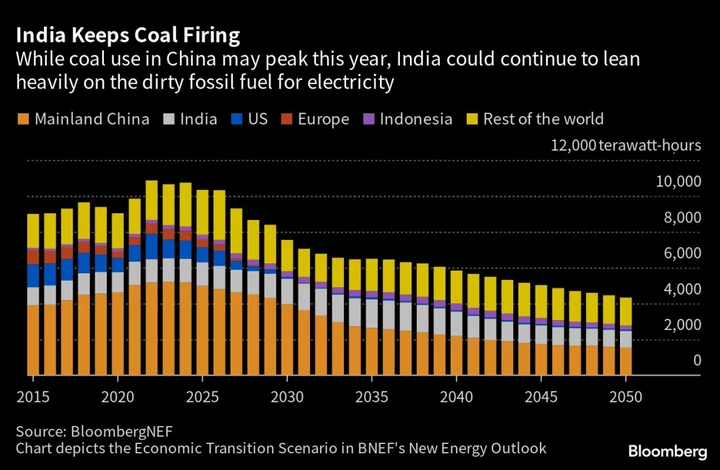Ageing could soon be a thing of the past, following the latest development in chemical therapy and anti-ageing research.
The research focuses on anti-ageing genes and adds to a previous study which won a Nobel Prize, focusing on small cell cultures.
A team from Harvard Medical School is leading the study into genes called Yamanaka factors. The research focuses on turning cells into induced pluripotent stem cells (iPSCs), which effectively turns the cell young again.
If the research targeted cells in this fashion, it could ultimately reverse the physical impacts of ageing.
Sign up to our free Indy100 weekly newsletter
There’s a great deal to consider when it comes to treatment like this, as the effect of ageing is a natural way the human body protects against harmful mutations like cancer.
However, the new research published in the journal Aging claims that the process doesn’t create cells that are prone to cancer.
The results showed that six chemical mixes were found that showed scientist could make cells biologically “younger” in the space of just seven days.
After previous research conducted on mice, the team behind the study is looking to thake the study to human trials by 2024.
David A. Sinclair is Professor in the Department of Genetics and lead scientist on the project. He released a statement saying: “Until recently, the best we could do was slow aging. New discoveries suggest we can now reverse it.”
He added: “This process has previously required gene therapy, limiting its widespread use.”
Have your say in our news democracy. Click the upvote icon at the top of the page to help raise this article through the indy100 rankings.









